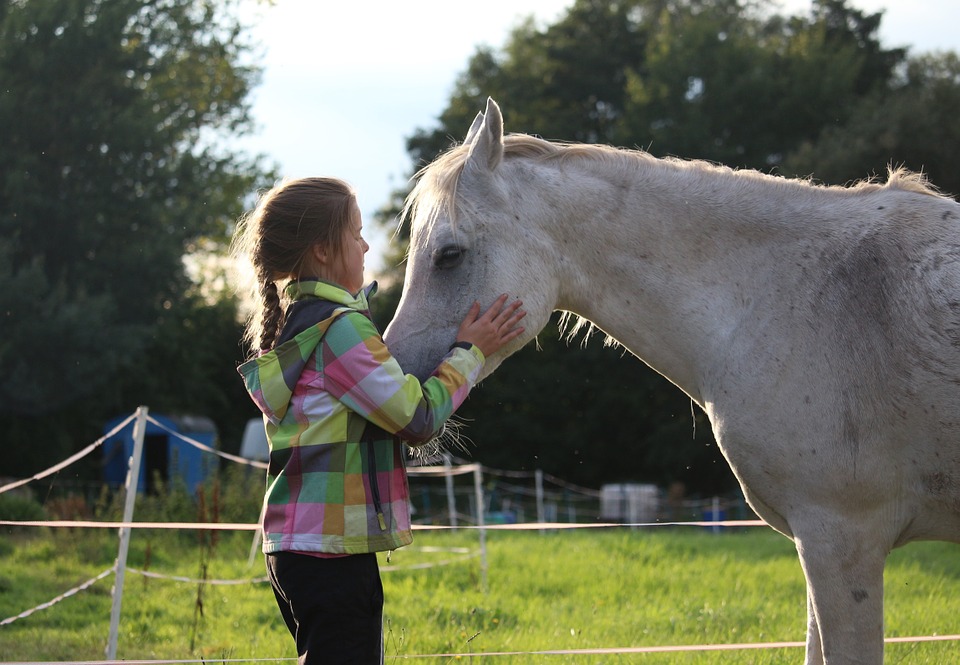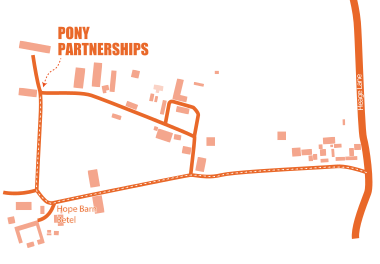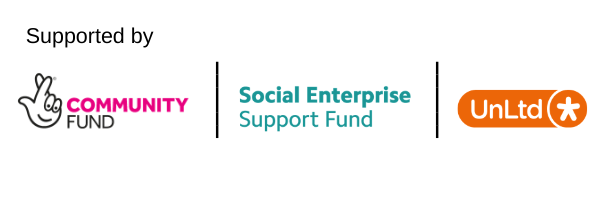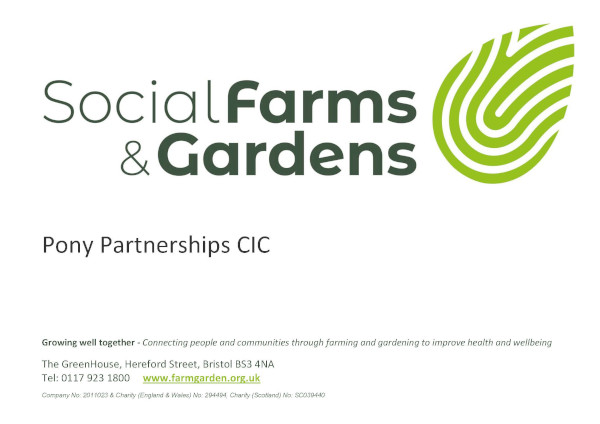With the controversial decision to axe Natasha Devon’s role of children’s mental health champion
Posted 16 May 2016

With the controversial decision to axe Natasha Devon’s role of children’s mental health champion, you may wonder how the Government plans to support the mental health of our children and young people.
Natasha said in The Guardian: (http://www.theguardian.com/society/2016/may/13/sacked-childrens-mental-health-tzar-natasha-devon-i-was-proper-angry) that a therapist once told her that “everybody has the real them, and the person that they present to the world. For some people, the gap between the two is narrow…For some people the gap is that big. The space between those two people is where mental health issues arise, so the wider the gap, the bigger the chance that something’s going to happen.”
Despite being an established way of working with a number of emotional and behavioural difficulties, you might never have thought of equine assisted therapy as a viable option for your students. It turns out that this might be just the intervention that your students need to narrow the gap between the real them and the person they present in education.
Lessons learnt through equine assisted interventions can be more easily absorbed and remembered, resulting in lasting and positive changes that can be transferred to the world of human-human relating. Equine Assisted Therapy work can also be an excellent bridging therapy for people who are not ready to engage in talking therapies and counselling.
Equine assisted approaches tend to be split into EFL – Equine Facilitated Learning and EAP – Equine Assisted Psychotherapy.
Equine Facilitated Learning uses equine-facilitated activities as a tool for self-development and education, with a focus on the present moment. Skills include non-verbal communication, assertiveness, creative thinking, problem-solving, leadership, teamwork, relationship skills, confidence and resilience.
Equine Assisted Psychotherapy uses equine-facilitated activities to explore the way a client sees and relates to themselves and others, their patterns of behaviour and survival as well as their gifts and strengths, and may include the exploration of past experiences and traumas.
Equine Assisted Therapies enable students to interact with horses in order to facilitate the prevention or resolution of emotional and behavioural difficulties with themselves and others. Equine assisted therapies can help students make improvements in communication, problem solving, self-confidence, conflict resolution, and relationships. The skills needed to make relationships with the horses allow the student to practice stress management, emotional control and behavioural regulation.
The horse provides benefits such as being non-judgemental and motivational; the safety that this provides allows the student to take risks that they would not normally feel able to take. This risk taking, helps students to test and improve their ability to control themselves and their surroundings. The risk-taking behaviour that is associated with equine assisted therapy tends to produce deeper therapy than working in a traditional counselling setting.
Pony Partnerships undertakes this work with both individuals and groups from mainstream education to pupil referral units and specialist and alternative provision. If you would like to find out more about how this work could help your students, please do not hesitate to contact me.
Danielle Mills
Pony Partnerships Ltd.
07505951793



















